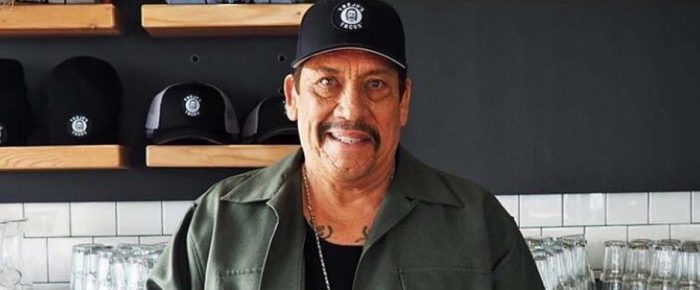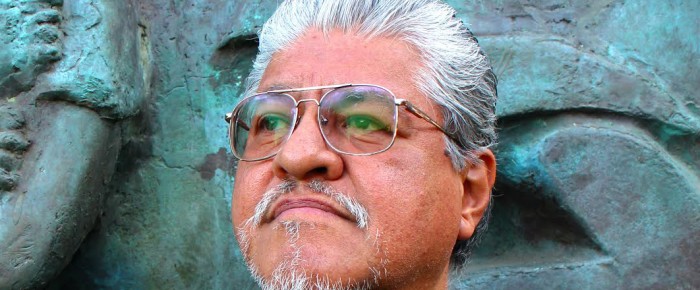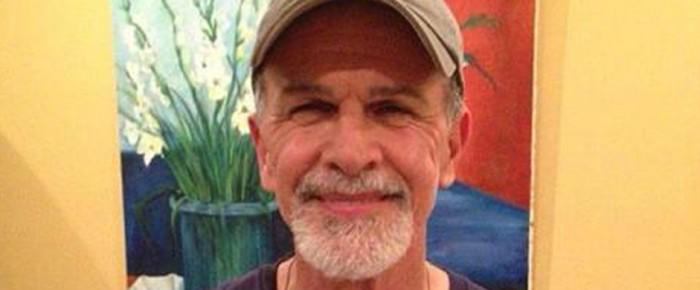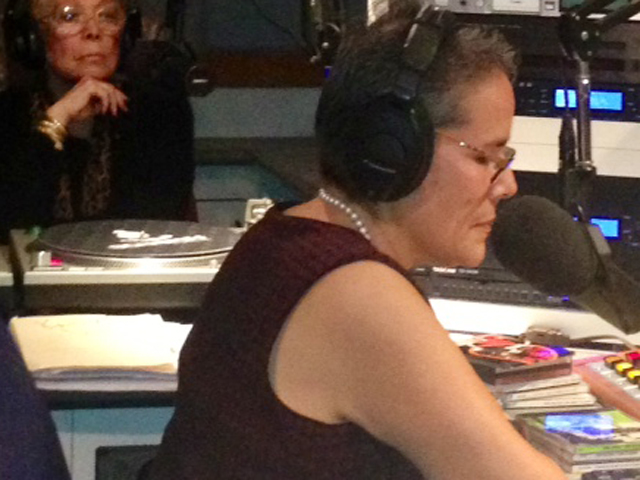When you think of Danny Trejo, probably his legendary “tough guy” image immediately comes to mind – with a fiery explosion taking place behind him – like in the “Machete…
Read moreDanny Trejo busier than ever, but why helping others is most important




